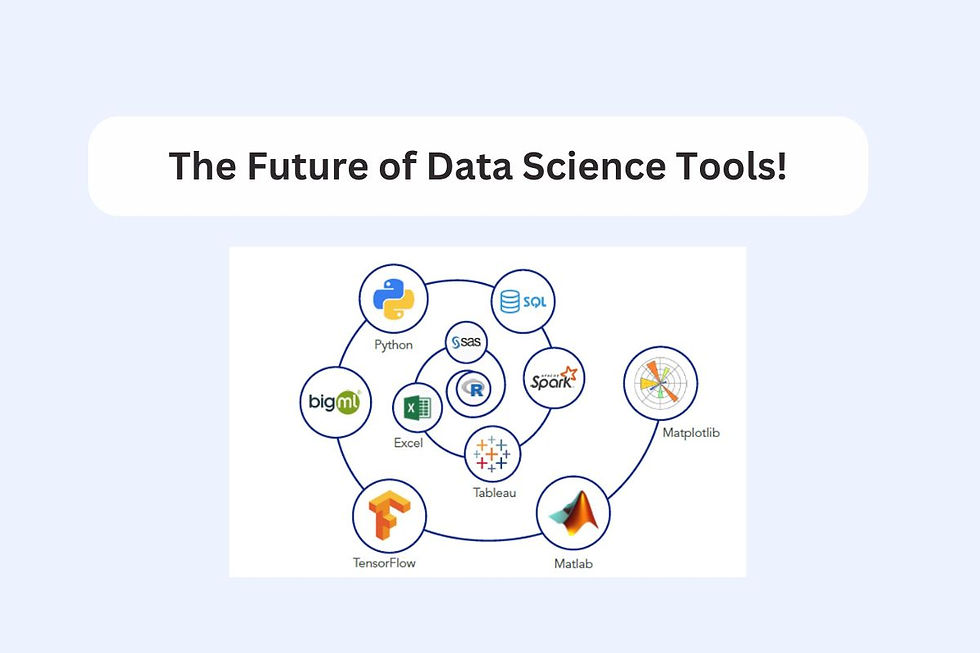What Should I Look for in a Software Testing Course?
- archi jain

- Feb 17, 2024
- 4 min read

Introduction
In today's digital age, the demand for proficient software testers is skyrocketing. With technology evolving at a rapid pace, the importance of reliable software testing cannot be overstated. Whether you're a seasoned professional looking to enhance your skills or someone considering a career in software testing, choosing the right course is paramount. But with so many options available, how do you discern which software testing course is the best fit for you? This comprehensive guide will walk you through everything you need to consider when embarking on this journey.
Understanding the Basics
Before diving into the specifics of what to look for in a software testing course, it's crucial to understand the fundamentals of software testing itself. Software testing is the process of evaluating a software application to ensure it meets specified requirements and functions flawlessly. It involves identifying defects, gaps, or missing requirements in the software.
What is Software Testing?
Software testing encompasses various techniques and methodologies aimed at validating and verifying the quality and functionality of software applications. From manual testing to automated testing, there are numerous approaches to ensure the reliability and effectiveness of software products.
Why is Software Testing Important?
Effective software testing is essential for delivering high-quality software products that meet user expectations. It helps identify and rectify defects early in the development lifecycle, reducing the risk of costly errors and enhancing user satisfaction.
Key Considerations for Choosing a Software Testing Course
Now that we have a foundational understanding of software testing, let's delve into the key factors to consider when selecting a software testing course.
1. Course Curriculum
The curriculum forms the backbone of any educational program. Look for a course that covers a wide range of topics, including manual testing, automated testing, test management tools, and industry best practices.
2. Accreditation and Certification
Ensure that the course is accredited by reputable organizations and offers recognized certifications upon completion. These credentials add credibility to your resume and validate your expertise in software testing.
3. Teaching Methodology
Consider the teaching methodology employed by the course instructors. Whether it's classroom lectures, hands-on labs, or online tutorials, choose a format that aligns with your learning style and preferences.
4. Practical Experience
Practical experience is invaluable in the field of software testing. Look for courses that provide opportunities for real-world projects, internships, or case studies to apply theoretical knowledge in practical scenarios.
5. Industry Connections
A course that has strong ties to the industry can provide valuable networking opportunities and insights into current trends and practices. Look for courses affiliated with reputable companies or professional associations.
6. Flexibility and Accessibility
Consider the flexibility and accessibility of the course in terms of scheduling, location, and mode of delivery. Whether it's a full-time, part-time, or online course, choose one that fits seamlessly into your lifestyle and commitments.
FAQs (Frequently Asked Questions)
How long does it take to complete a software testing course?
The duration of a software testing course can vary depending on the program's structure and intensity. Some courses may span a few weeks or months, while others may be more extensive and last for a year or longer.
Is prior programming knowledge required to enroll in a software testing course?
While prior programming knowledge is beneficial, it's not always a prerequisite for enrolling in a software testing course. Many courses cater to individuals with varying levels of technical expertise and provide foundational training in software testing principles.
Can I pursue a software testing course while working full-time?
Yes, many software testing courses offer flexible scheduling options, allowing individuals to pursue their studies while working full-time. Online courses, evening classes, and weekend workshops are popular choices for professionals seeking to balance work and education.
What career opportunities are available after completing a software testing course?
Completing a software testing course opens doors to a myriad of career opportunities in the tech industry. Graduates can pursue roles such as software tester, quality assurance analyst, test automation engineer, and software development engineer in test (SDET), among others.
Are software testing certifications worth it?
Yes, software testing certifications are highly valued in the industry as they demonstrate proficiency and expertise in software testing methodologies and tools. Certifications such as ISTQB (International Software Testing Qualifications Board) and ASTQB (American Software Testing Qualifications Board) are widely recognized and respected.
How do I choose between manual and automated testing courses?
The choice between manual and automated testing courses depends on various factors, including your career goals, technical proficiency, and industry trends. While manual testing provides a strong foundation in testing principles, automated testing offers efficiency and scalability in testing processes.
Conclusion
In conclusion, selecting the ideal software testing course is pivotal for shaping your career path in the tech industry. By carefully weighing factors like course curriculum, accreditation, teaching approach, hands-on experience, industry networks, flexibility, success stories of past students, and overall cost, you can confidently make a decision that resonates with your career aspirations. Remember, investing in your education lays the foundation for future success as a software testing professional. And if you're also considering broadening your skills, explore options like a Full Stack Developer Course in Gurgaon to expand your expertise and opportunities in the ever-evolving tech landscape.








Comments